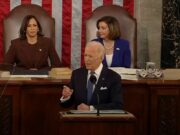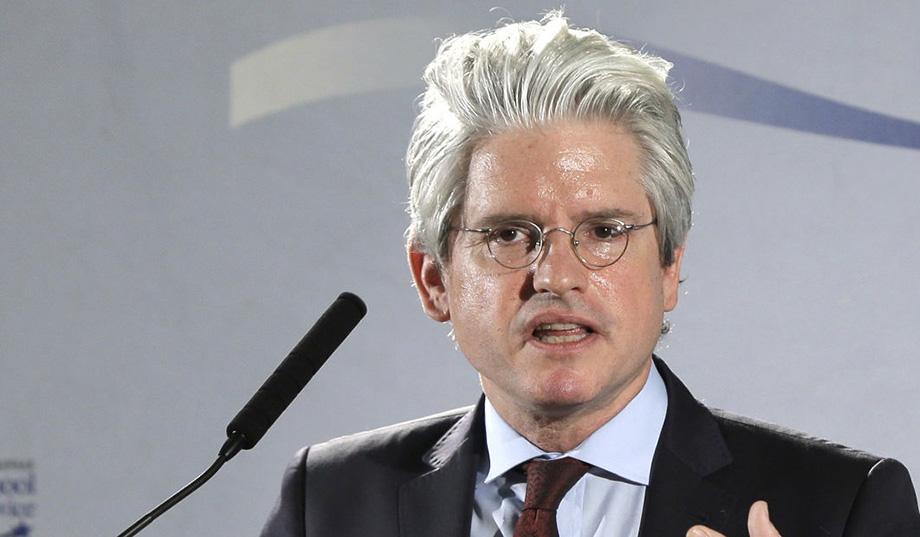In “Cover for Corruption”, Roll Call, Oct. 26, 2006, p.4, CCP’s Brad Smith writes to the Editor:
A recent review of gubernatorial races notes that Wisconsin Gov. Jim Doyle (D) “seemed under siege by investigations of alleged corruption within his administration. But he’s been rescued by the campaign finance miscues of his opponent, Rep. Mark Green (R)” (“Out There,” Oct. 19).
As an analysis of the campaign, this statement is certainly correct. But it points out a serious and unappreciated problem with campaign finance laws.
Green’s campaign finance “miscue” is that he transferred money from his federal campaign account to his state campaign account, as the Wisconsin Elections Board had allowed candidates to do since 1977. As recenty as 2002, the board unanimously allowed then-Rep. Tom Barrett (D) to transfer money from his federal campaign fund to his state fund.
However, one day after Green made the transfer in January 2005, the board’s Democratic majority passed an “emergency rule” prohibiting him from spending the money. Then, this August, against the advice of its staff attorney, the board ordered Green to divest himself of $468,000 in transferred funds.
Later, the Milwaukee Journal Sentinel uncovered e-mails showing that Doyle’s lawyer, Michael Maistelman, had lobbied his appointees to the commission behind the scenes. In urging the governor’s appointees to rule against Green, Maistelman used such “legal” arguments as, “Even if this ends up in Court it is a PR victory for us since it makes Green spend money and have to defend the use of his [federal] money.” Maistelman also told the Democratic commissioners via e-mail that “the Gov’s Campaign and the Dem party will give you cover on this in the media.”
Just as Doyle’s lawyer predicted, the board’s ruling has been a huge public relations win for Doyle [in the 2006 re-election campaign].
[snip]
Yet Green has done nothing unethical, as most of us would understand that term.
[snip]
Rather, [Green] is engaged in a dispute with the elections board over what Wisconsin law allows, in a situation in which the board reversed itself on a longstanding interpretation of the law. The board’s ruling has yet to be reviewed by any court. In fact, the board has yet to even bring suit against Green over the alleged violations, leaving Green with no chance to defend himself in court from Doyle’s claims that he is “breaking the law[,” and no chance to clear his name before the November election].
[snip]
Nonetheless, Doyle has successfully turned Green’s non-corrupt behavior into a moral equivalence with corrupt behavior that has gone on in his administration. The focus on campaign finance may well allow genuine corruption to be swept under the rug in a hailstorm of moral equivalency.
Smith’s observations scarcely need comment. But for purposes of fair use I’ll provide one: The apparent corruption occurring between an agent of Wisconsin’s Governor and an Elections Board of the same party — a board created no doubt in the name of preventing corruption — is outrageous.














